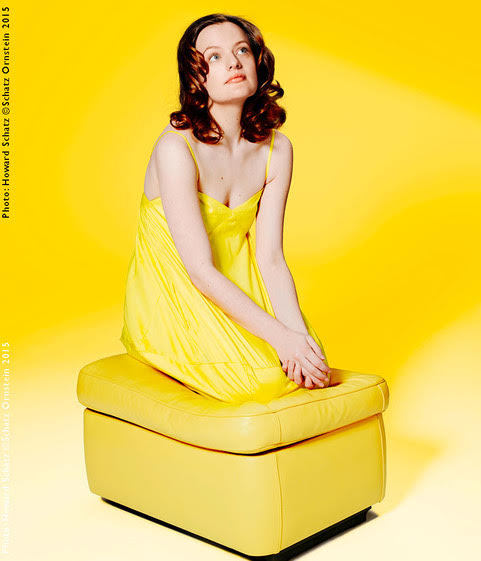Blog #221 9/5/17
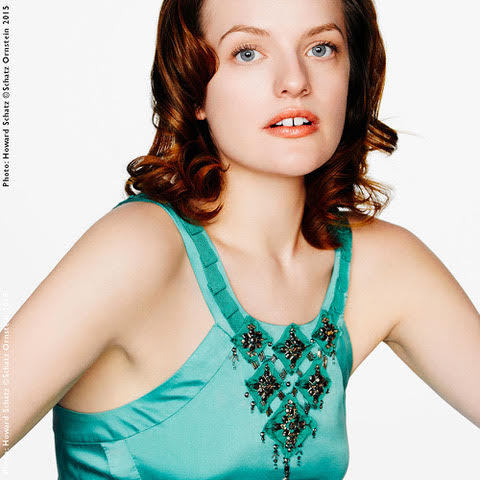
A while back, the actress Elisabeth Moss (famous from her star turn in Mad Men and now in The Handmaid’s Tale) came to my studio to participate in my Vanity Fair monthly feature, Actors Acting.
As I always did, I first conducted an interview and then suggested scenarios and asked her to create characters to “perform” them. The writer and my close friend, Owen Edwards, helped develop and write the situations (in a few sentences), and the imaginative stylist, Signe Yberg then went searching for outfits that would fit the various characters. Hair and Make-up was done by Jim Crawford.
Here are some of Elisabeth’s creative transformations:
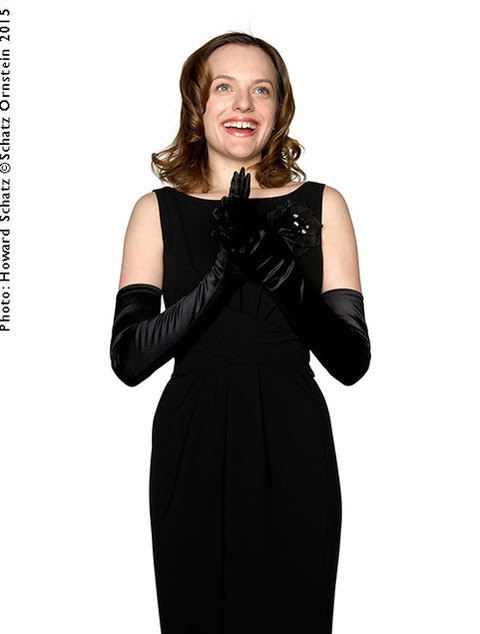
You’re an Academy Award nominee, keenly aware that a camera is trained on you, at the precise moment when you hear that the OSCAR has been won by someone else.
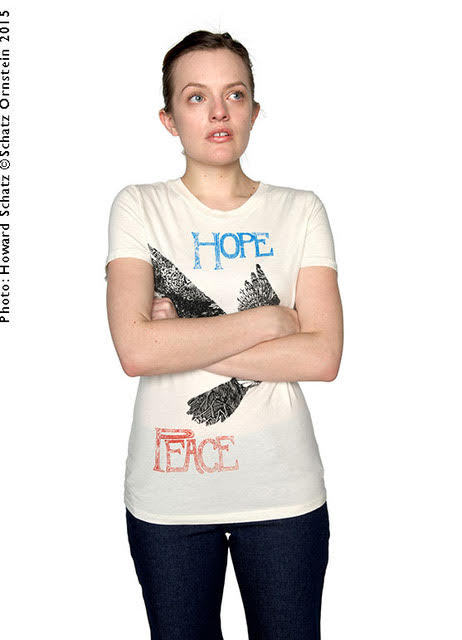
You’re a Peace Corps volunteer fresh from Yale, stepping out of a Land Rover with your first view of what work will entail at this refugee camp in an area torn by civil war.
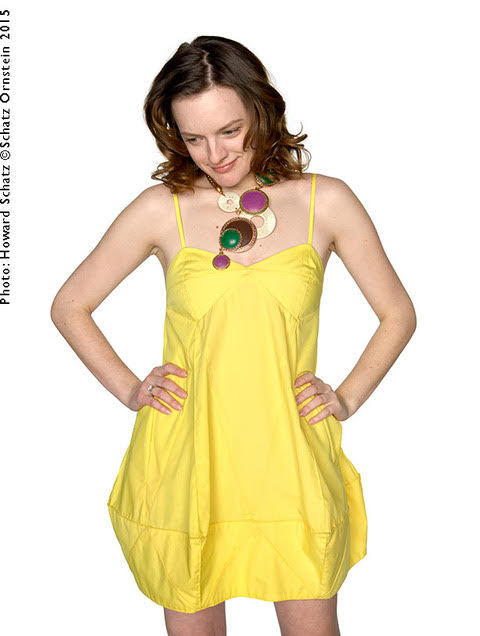
You’re at a new guy’s apartment for the first time, seeing that he has a
nasty little Shih Tzu, and wondering if maybe this isn’t what you were hoping for.
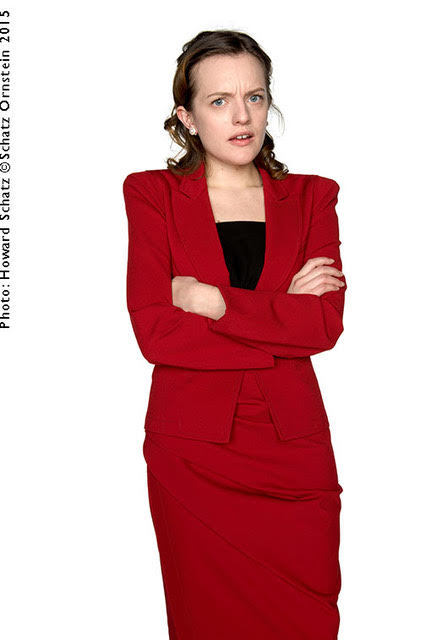
You’re three months out of law school, on your first day as a public defender, assigned by a judge to take on the case of an accused cop killer, seeing a courtroom full of angry cops.
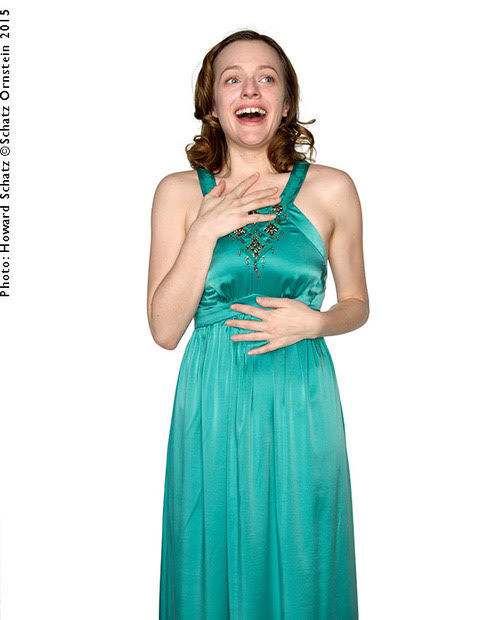
You’re a model on Project Runway, hearing that the designer of your outfit is the winner, imagining somehow that it’s your victory.
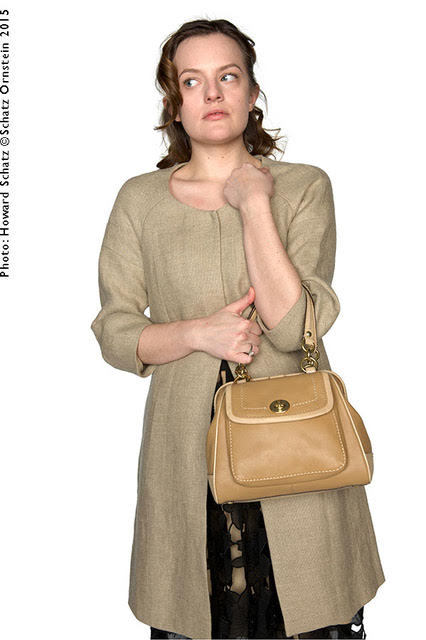
It’s almost midnight, you’re the last to leave the office, heading for your car in the dim, cavernous underground parking garage, suddenly sensing that you are not alone.
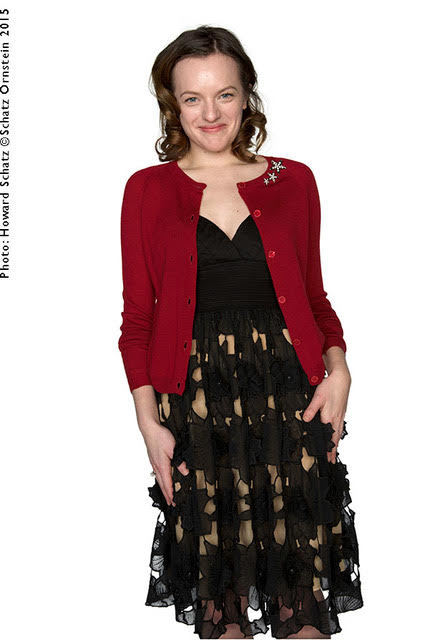
You’re meeting a man you’ve connected with through an online dating site; Oh My GOD! he’s so cute!
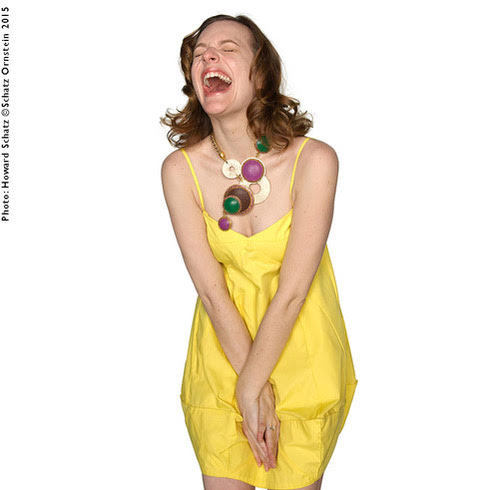
You’re the older, unmarried sister of the bride, faking amusement and delight
when the best man points out in his toast that Baby Sis got to the altar first.
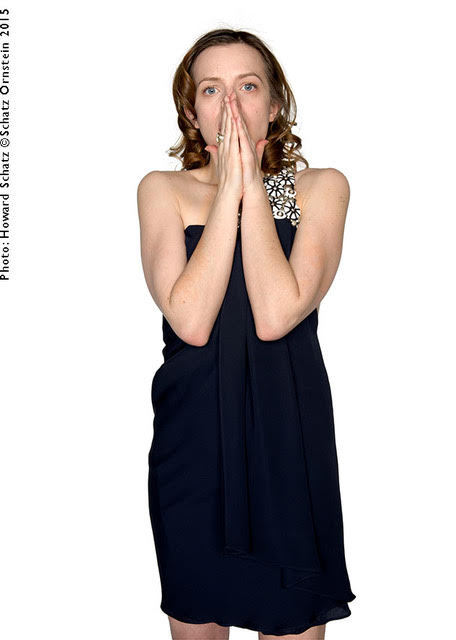
You’re a Duke University freshman, at a rush party for the bitchiest sorority,
trying to impress the sisters with your wide array of duck calls.
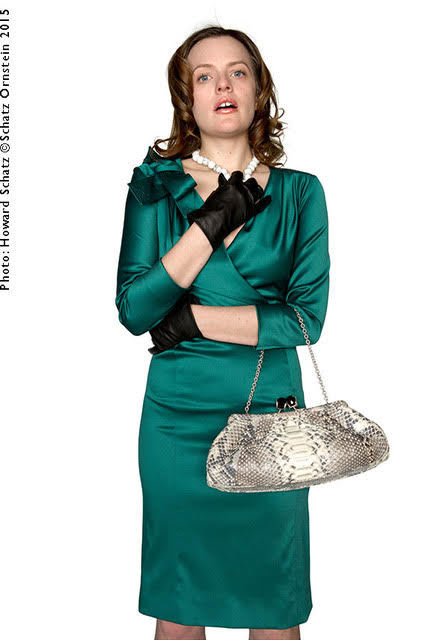
You’re a wealthy socialite waiting for your limo in front of Harry Winston’s Jewelers; you never carry cash, of course, and you’re being approached by a disheveled homeless woman holding out a paper cup.
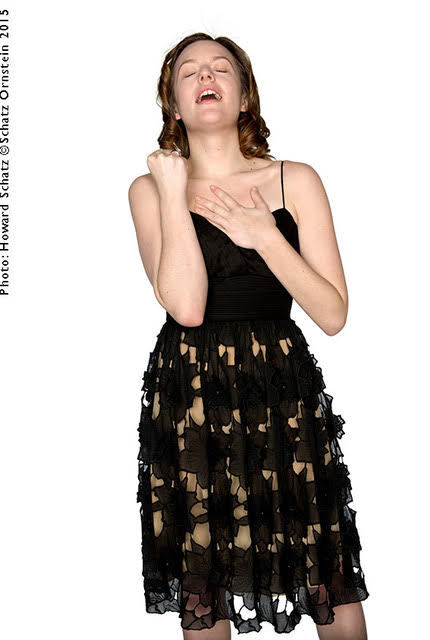
You’re a young singer with Broadway dreams but harsher realities, on a cruise ship stage, putting your heart and soul into a number from “A Choris Line,” not wanting to look at the half asleep audience of over-fed seniors.
For my interview, I told her I was interested in the creativity of her craft. How does an actor take ink on paper and, using body and voice, become someone else, someone believable?
The interview, excerpted here, was rich and revealing.
Elisabeth Moss: I always knew I wanted to be an actor. I was always working. I was always acting and always doing jobs, and taking ballet class. I was a very serious sort of child. There is not a lot of difference between me now and me at ten years old. I was always very focused and serious. But I didn’t know whether I was going to do ballet or acting for a very long time. About fifteen is when you sort of have to figure out ballet, whether or not you are really going to do it. I decided to go with acting because I thought that it was going to be a better life in the long run for me. I knew that with dancing, I would be done by a certain age…if I was lucky.
I never studied acting. I never took a class. I always say I learned by doing it. Like people say “Oh, you didn’t have any training?” My response is, “No, I had training every day with different people, with different directors, with different actors on different projects.” It was all training. Different writers, different styles. Like doing the show West Wing; if you do it for seven years, it was like taking a seven-year class with a particular writer. So I didn’t have any formal training, but I did work.
I think you have to be fearless to be an actor. Very fearless, but I don’t really think about it, I just do it. It’s a funny thing; when I’m acting, I sort of go into a different space, not thinking, I just go into another world.
I like extreme characters. I like being emotional and I like doing exciting things.
I don’t respond well to criticism. I respond much better to support and encouragement than to criticism. The only thing that makes me shut down and not be able to access emotions is if I feel I’m being judged or if somebody doesn’t like what I’m doing. Especially in television, we get different directors all the time and if I feel like a director doesn’t like what I’m doing, then I get worse and then it’s a downward spiral. But if I get encouraged and if I get support then I get better. Sometimes a director’s not helpful. This just means you’re on your own. But I have learned to still perform even if I’m not getting what I need from the director.
I think I’m pretty relaxed in front of the camera most of the time. I usually I don’t feel afraid, or stifled. I’m also always open to trying things, even if it seems they won’t work.
